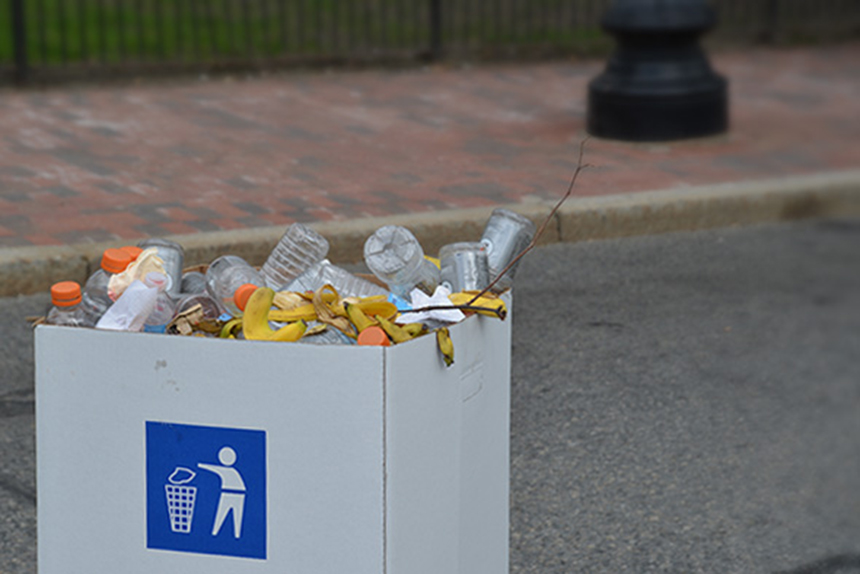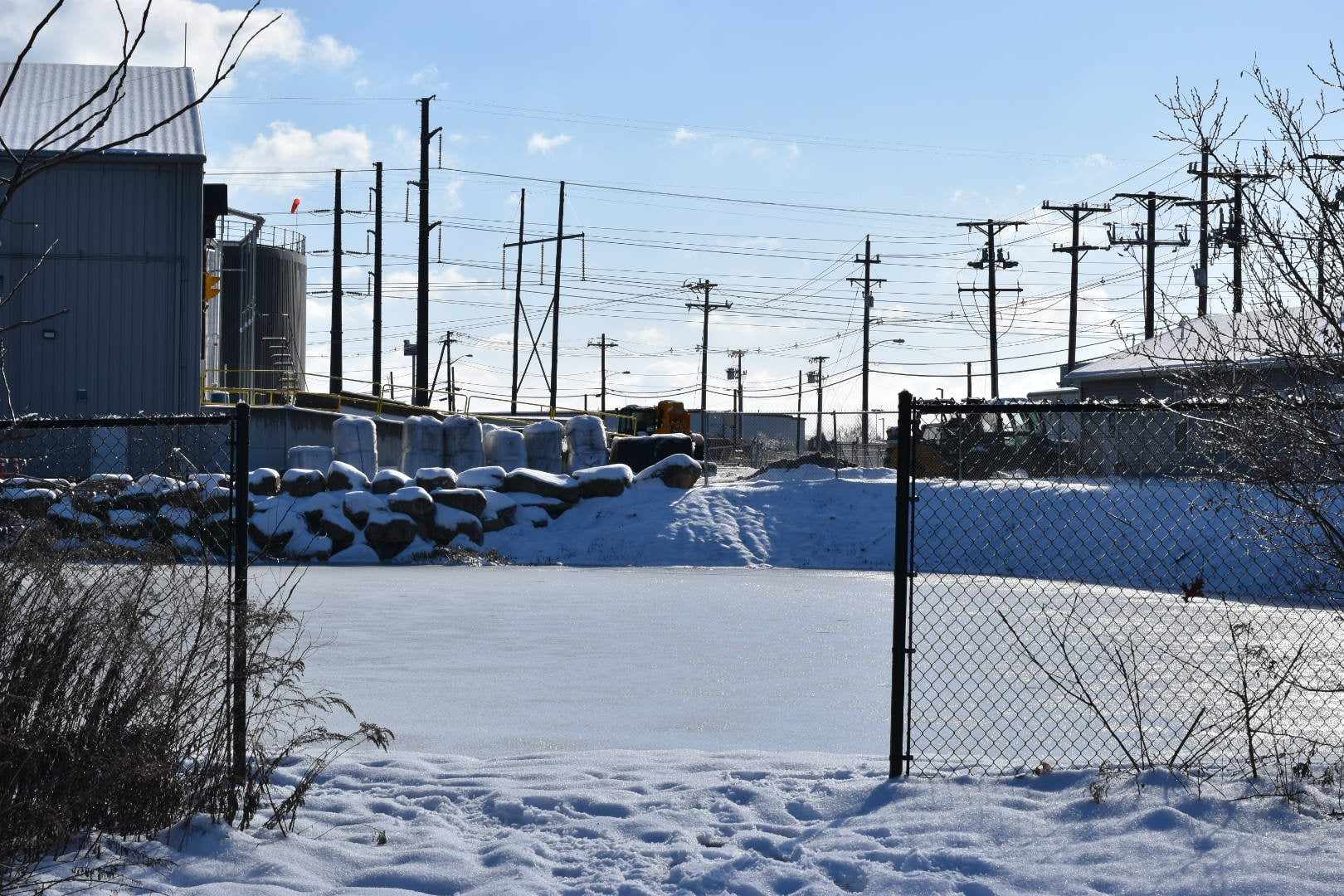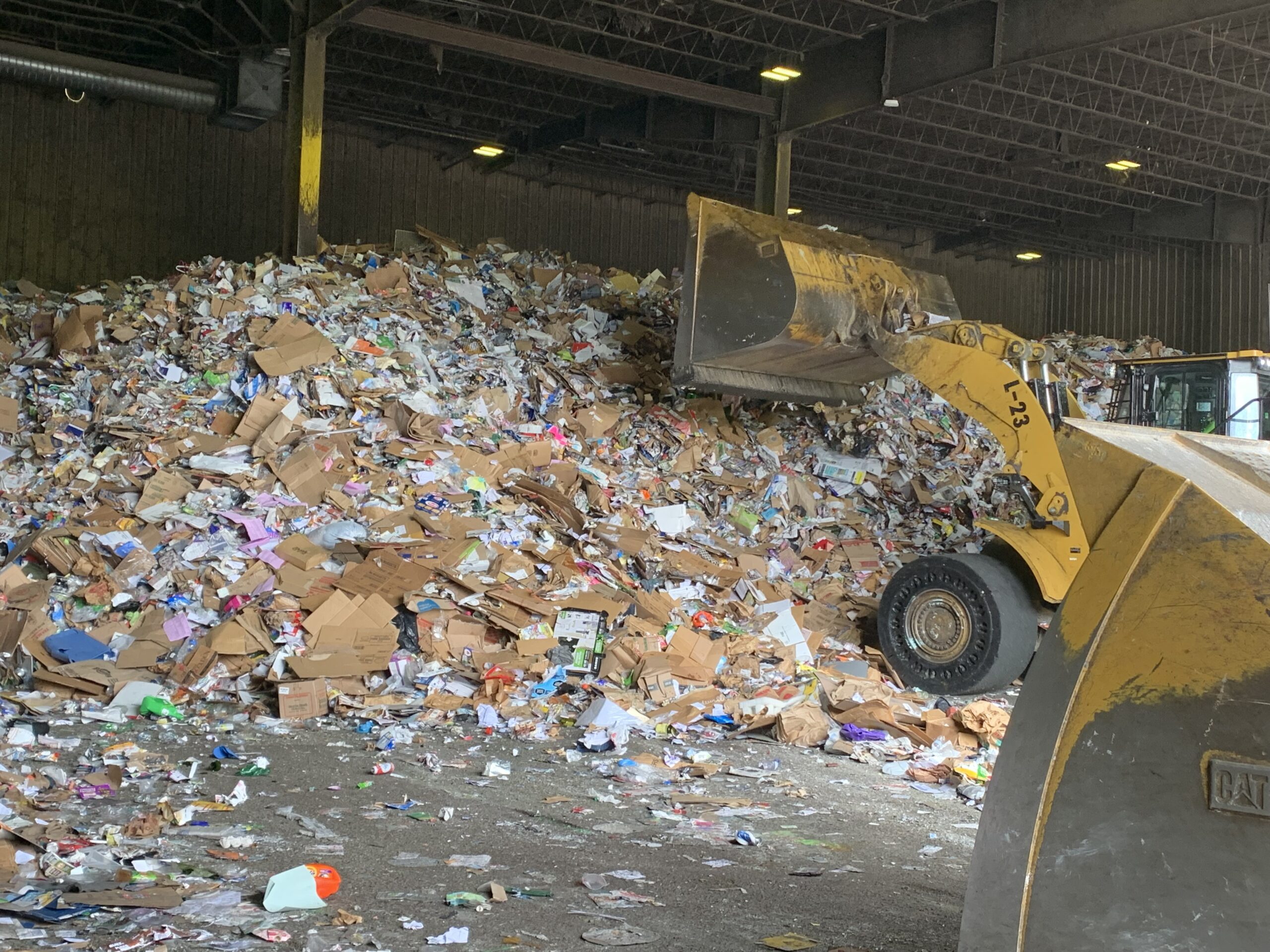Movement Underway to Ban Bags in Providence
November 14, 2012
PROVIDENCE — Plastic bag bans are in place in six of the 29 largest cities in the United States — San Francisco, Los Angeles, San Jose, Seattle, Portland and Austin. The nation’s fourth-largest city, Houston, is considering such a proposal.
Environment Rhode Island is attempting to bring this big-city trend east of the Mississippi, with a petition drive that calls for banning plastic bags in Providence, the third-largest city in New England.
A similar petition drive recently worked in Barrington. Earlier this fall, the Town Council passed Rhode Island’s first plastic grocery bag ban — albeit one that expires in two years — and just the second one in New England, after Westport, Conn.
“In our outreach to residents and small-business owners, we have found broad support for such a plastic bag ban policy in Providence and around the state,” said Channing Jones, field associate for Environment Rhode Island. “People in Rhode Island understand the importance of protecting Narragansett Bay and aquatic ecosystems from marine debris.”
Plastic grocery bags clog storm drains, degrade marine ecosystems, choke animals and litter beaches.
The San Francisco ordinance, which went into effect Oct. 1, expanded on a 2007 law banning supermarkets and chain-store pharmacies from providing single-use, non-compostable plastic bags. The ban now extends to all retail establishments, then to restaurants in October 2013. The ordinance also requires businesses to charge a 10-cent fee for each paper bag they provide.
In May, Los Angeles became the largest city in the nation to approve a ban on plastic bags at supermarket checkout lines. The City Council voted to phase out plastic bags during the next 16 months at an estimated 7,500 stores, meaning shoppers will need to bring reusable bags or buy paper bags for 10 cents each.
San Jose’s Bring Your Own Bag ordinance forbids grocery stores, pharmacies, and small and large retailers from providing plastic carryout bags at checkout. It allows stores to provide paper bags made of 40 percent post-consumer recycled material and to charge a minimum of 10 cents for each bag.
The Seattle City Council adopted the ban at the urging of local environmental groups, which said it would help protect marine life in Puget Sound.
In fact, at least 120 communities nationwide — nearly two-thirds of them in California — have adopted plastic bag bans. Other municipalities, including Washington, D.C. and Montgomery County, Md., have placed fees on plastic bags handed out at checkout lines.
Closer to home, Brookline, Mass., is considering a proposal to prohibit retail establishments from issuing customers disposable plastic checkout bags — unless the shopping bags are compostable and marine degradable.
In the United States alone, an estimated 12 million barrels of oil are used annually to manufacture single-use plastic bags, according to Environment Rhode Island. Globally, 8 percent of the world’s oil is used for plastic production.
The U.S. International Trade Commission reported in 2009 that 102 billion single-use plastic bags were produced and used in the United States. Plastic bags are used by the consumer for an average of 20 minutes, and then discarded.
Even when these bags are thrown in the trash, they are easily windblown and often end up floating in waterways, blowing down streets, bobbing in oceans, degrading soil and water quality, and threatening marine life as they slowly break down into toxic bite-sized bits. Manufacturing, transporting and disposing of plastic bags requires large quantities of non-renewable resources and release equally large amounts of global-warming gases.
Since they don’t biodegrade, plastic from bags remains in our waters for hundreds of years. Nothing we use for an average of 20 minutes should pollute our oceans for hundreds of years, Jones said.
Plastic bag bans, he said, are simple and effective policies that prohibit retailers from issuing single-use plastic shopping bags. By banning plastic bags, Providence and other municipalities can eliminate one of the most common and unnecessary sources of plastic pollution, Jones said.
Categories
Join the Discussion
View CommentsRecent Comments
Leave a Reply
Your support keeps our reporters on the environmental beat.
Reader support is at the core of our nonprofit news model. Together, we can keep the environment in the headlines.
We use cookies to improve your experience and deliver personalized content. View Cookie Settings




You said Barrington's ban was only the second in New England. However, Rye, NY banned bags in Dec. 2011 and Mamaroneck, NY banned bags in July of this year. Thanks for the work that you do!
I think it is especially important to get this ban as the largest supermaret, Stop and Shop, recently took a step backward and showed its contmept for environmental sensitivity by ending its 5 cent refund every time a reusable bag is used. Shaw's never even did that much. So no use relying on the "free market"